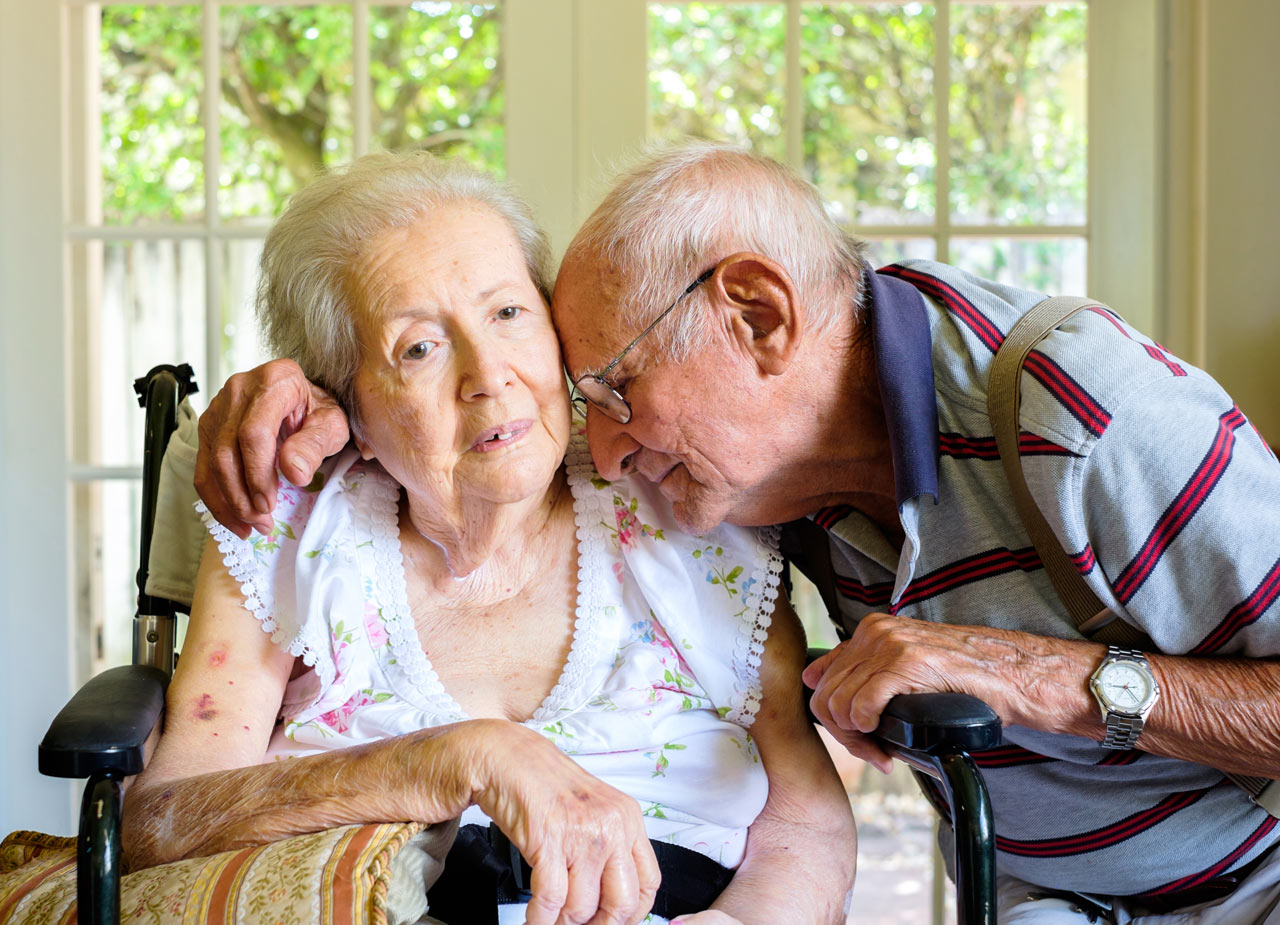Managing your Home Health Aide
So you have the help. That’s a big step. Caring Professionals’ team has matched you with an aide that speaks your language and whose temperament will work with the patient. The schedule has been worked out for the convenience of both patient and aide.
A plan of care has been developed by the Caring Professionals nurse. This important document has been generated by a thorough home visit and other information from the doctor, the family, and the managed care company.
The supportive roles of the coordinator and the scheduler have been explained. Everyone knows who can be called for help and questions about time keeping, responsibilities, payroll, and electronic visit verification.
So now all systems are go. How should you manage the aide that will be providing care and entering your senior’s home on a regular basis?

Articulating that this will be a journey together and this is just the beginning is a good idea. Everyone needs to get acclimated. The patient needs to get used to the aide. The aide needs to get used to the environment, the travel, and the patient. Understanding the temperament, preferences, and habits of the senior will take time. Everyone wants things to work out so it’s a good idea to put this into words as everyone tries to put everyone else at ease.
Showing the aide where things are kept is a good place to start. Label the kitchen and bathroom cabinets so that supplies will be found easily by the aide or her replacement when she is off. Giving her a list of emergency numbers and contacts beyond those required is a good idea. Put it on the fridge along with the instructions for medications, pharmacy numbers, doctor numbers, and more.
Familiarize the aide with garbage collection days and more routine matters. Do not expect her to get it all at once. Putting these instructions down on paper and placing them in the same place as the emergency numbers is a good idea. Keep in mind the aide’s literacy in English.
Ask the aide what she likes and needs, as well. Even though she is the caregiver and is paid to take care of the patient, you want to treat her as a family member, part of the caregiving team like you are, with respect and dignity. Show by example and follow up with direct, polite words if necessary, in a calm manner. Invest in the relationship you are building with trust and responsibility. Expect the aide to do the same. She is a partner and should be treated as such.
If matters develop that concern you, speak up in a formal conversation with the aide. Enlist the coordinator and keep her in the loop at all times to foster a positive environment where the patient can flourish. Ongoing communication is key.
Keep in mind that the aide is only responsible for the tasks listed on the plan of care. The patient may be a PCA (personal care aide) case or a home health aide case. These are two similar yet different versions of aides who work in patients’ homes. Each requires a different kind of certificate and each has its own scope of permissible activities.

If the aide is asked to do tasks not included in the plan of care such as giving medication, washing windows, cooking for other family members who reside in the home with the patient, and housekeeping for other family members, she will say that they may not do this as per instructions. If this happens repeatedly, she will follow instructions and call the coordinator.
The aide may not do errands (laundry, shopping, etc.) further than a five-block radius from the patient’s residence. The aide may not perform financial or banking activities on behalf of the patient. Similarly, she is not allowed to drive the patient in a car, no matter whose vehicle it is. She may not stay in the patient’s home if the patient is out.

Keep in mind that the plan of care may change if the patient’s abilities change. The aide will notify the nurse that the patient has lost certain capacities. The nurse will then come down to see the patient and change the plan of care. Another situation that will trigger a new plan of care is a hospitalization. The nurse will then visit the home, see the patient, and develop a new plan of care for the aide to follow.
If there are any questions regarding the permitted scope of services of the aide, do not hesitate to call the coordinator. Her role is to coordinate care of the patient with all members of the caregiving team which includes the aide, the patient, and the family members. It is the goal of the coordinator to facilitate responsible and responsive caregiving to support the patient’s needs. That’s her job and that’s everyone’s goal at Caring Professionals.
Articles you may be interested in:
- Why our Senior doesn’t want to move
- The Resilient Caregiver, during and after the Pandemic
- HHA Onboarding at Caring Professionals
If you have any questions please get in touch with us here
Or
Call us here – (718) 621-8189






